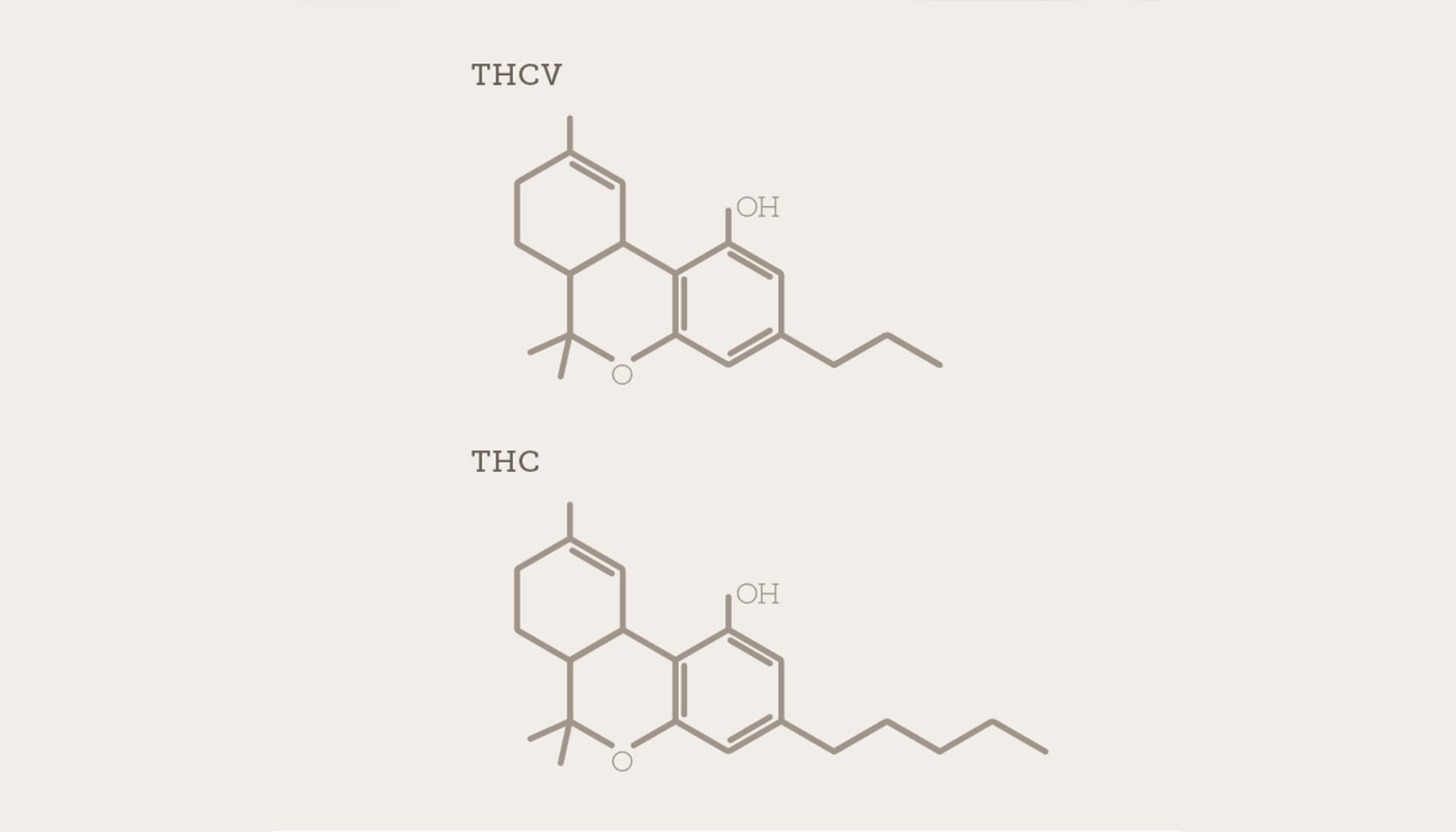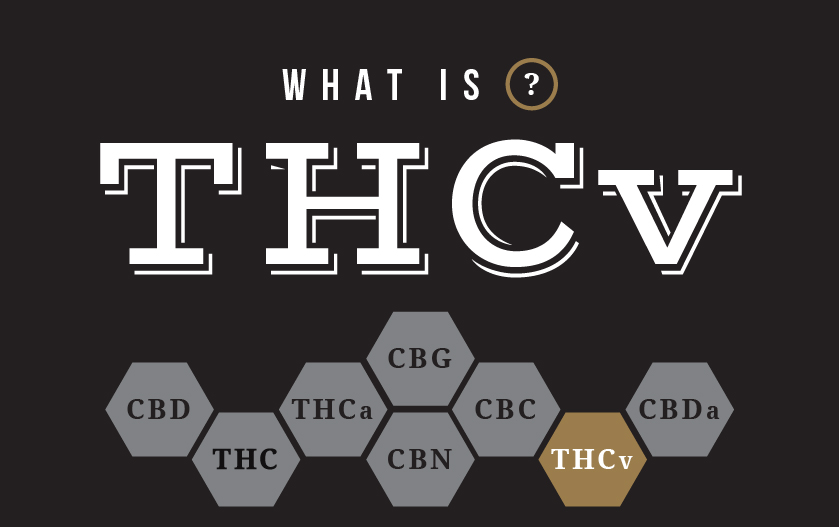Tetrahydrocannabivarin (THCV) is a cannabinoid compound found in marijuana and hemp plants. It's chemically similar to tetrahydrocannabinol (THC) but with some essential differences. Here's whatever you require to understand about THCV consisting of the dangers, advantages, differences, and similarities with other types of THC and more. What Is THCV? THCV is a less typical cannabinoid found in some pressures of marijuana, especially African sativa.
 What Is THCV (Tetrahydrocannabivarin) And What Does It Do?
What Is THCV (Tetrahydrocannabivarin) And What Does It Do?
 THCV vs THC: What Are the Differences? Articles Analytical Cannabis
THCV vs THC: What Are the Differences? Articles Analytical Cannabis
 What Is THCV (Tetrahydrocannabivarin) And What Does It Do?
What Is THCV (Tetrahydrocannabivarin) And What Does It Do?
THCV has a 3-carbon side chain rather than THC's 5-carbon side chain. This difference is subtle, but it has a noticeable effect on the result profile. THCV is rather psychedelic but just about and about. What Does THCV Seem like? THCV has a strong energy-boosting part to it, which makes it specifically popular amongst trainees and professional athletes.
In the United States, THCV policy is nuanced. THCV is not an Arrange I Drug, but marijuana extracts are making it rather uncertain what the federal position is on THCV. The 2018 Farm Costs mentions that hemp plants and all derivatives of the plants are legal on a federal level, so many companies follow this law and still offer THCV to customers by just drawing out the substance from hemp plants.
If THCV is thought about a THC analog, it might be controlled in the future by the exact same guidelines as THC under the Federal Analog Act. This act states that any substance that shares a comparable molecular profile as a known restricted compound it's consisted of in the exact same drug Schedule classification.
What Are the Impacts of THCV? Advocates of THCV report that it produces an intense burst of energy and makes them feel euphoric without the mental cloudiness triggered by THC. The results are very moderate compared to THC. The effects are practically solely cognitive yet somehow have really little influence on headspace.
2. THCV & Cravings Some THCV users declare that it curbs their appetite. This is a typical impact of other focus-enhancing compounds too. It's as though THCV gets rid of the distraction of other bodily procedures (like hunger) in order to preserve resources and attention to cognitive tasks rather. How Does THCV Work? Cannabinoids produce biological results in the body by connecting with endocannabinoid receptors.
CB1 receptors are located in the worried system and connect with neurotransmitters in the brain to produce mind-altering impacts. Interaction with CB1 sites is what provides some cannabinoids like THC their psychoactivity. THCV is a bit challenging to understand due to the fact that it's mostly a CB1 villain, indicating it has the opposite effect as THC.
While scientists are still looking for to understand this process, it appears THCV has the ability to obstruct the effects of CB1 in low doses and stimulate them in high doses. CB2 receptors are found mainly in the body immune system. THCV is a partial agonist of CB2, but the effects of this partial activity aren't well-known, and it apparently has no discernible effect on THCV users' experience.
As discussed in the previous area, THCV is a CB1 antagonist in low doses which is the specific opposite effect of delta 8 and delta 9 THC. This could imply that THCV counteracts a few of the psychoactive results of THC. This result could discuss why individuals who use THCV feel so clear-headed especially compared to the notorious "fogginess" caused by delta 9 THC.